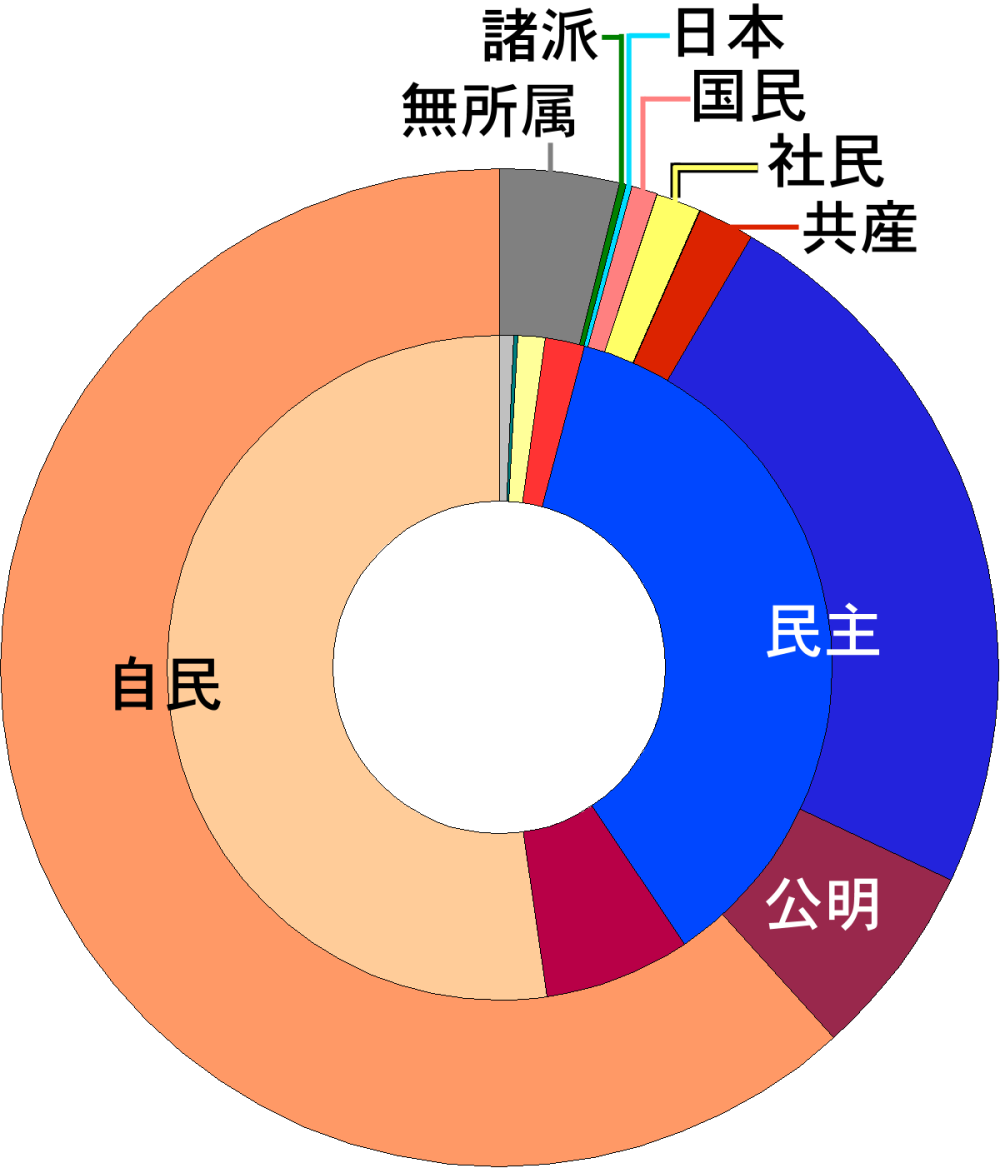 もう一度、タヌキさんは日本の選挙に立候補します。誰を一番信頼できますか。
もう一度、タヌキさんは日本の選挙に立候補します。誰を一番信頼できますか。
Will tanuki receive more votes than last election?
 もう一度、タヌキさんは日本の選挙に立候補します。誰を一番信頼できますか。
もう一度、タヌキさんは日本の選挙に立候補します。誰を一番信頼できますか。
Will tanuki receive more votes than last election?

Today is Japan’s national elections, with the opposition Democratic Party expected to take power in a landslide victory over the ruling Liberal Democratic Party, previously out of power only once since 1955. The electoral shift has been related to the nearly two decades economic decline and a desire for political change.
Recently, the British owner of one of Tokyo’s most expensive plant shops explained to me how the current economic downturn is affecting sales at his store. Global banks, corporate headquarters, and office lobbies have suspended regular deliveries, forcing the plant shop to layoff employees and reduce salaries.
In this difficult economy, the shop’s revenue has become more heavily dependent on government and the yakuza. In anticipation of today’s election, a US political advisor has ordered 480 of his most expensive white orchids, five stems for 50,000 yen ($535) each, for each winner of the lower house of the Diet. That single order is worth $250,000. It is interesting how an election creates direct economic benefits, and the owner is sad that it does not happen more often.
The other clients who have not cut back in spending are the yakuza. According to my source, the yakuza routinely order very expensive plants and flowers to send to their rivals. They also insist that delivery be made by the shop’s truck, even in Osaka and Kobe so that the prestige of the Tokyo shop is circulated publicly. I was taken aback at the idea of sending such lavish gifts to one’s rivals, but apparently the yakuza, like almost all other sectors of this consensus-oriented society, strive to maintain positive relationships with their enemies.

Japan is entering a heated campaign for the Diet, and the Liberal Democrat Party ruling party faces a serious challenge that is unusual in the post-war period. The campaign by the main opposition party, the Democratic Party of Japan, has largely revolved around a broad call for “change,” while many observers have difficulty discerning differences in campaign promises or likely governing policies.
It is interesting to note that the opposition DPJ declared yesterday that they are committed to a 25% reduction of carbon emissions by 2020 (from 1990 levels), in contrast to the LDP’s 8% target. Policies include a cap and trade policy, opposed by business, a “feed-in tariff” that obliges power companies to buy renewable energy at a fixed price, and the “consideration” of an environment tax.
Reaching agreement between advanced and emerging countries on 2020 targets is critical to the success of the upcoming UN climate change conference in Copenhagen in December. Some may be skeptical about whether electoral promises will be carried out. Regardless of the outcome, it will be interesting to see how much this issue resonates with the Japanese electorate and whether they will accept the price for environmental change.
(Note: The chart above shows the distribution of seats from the 2005 election).